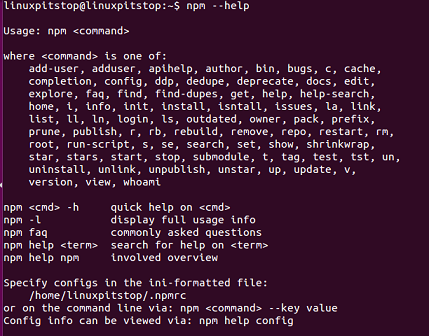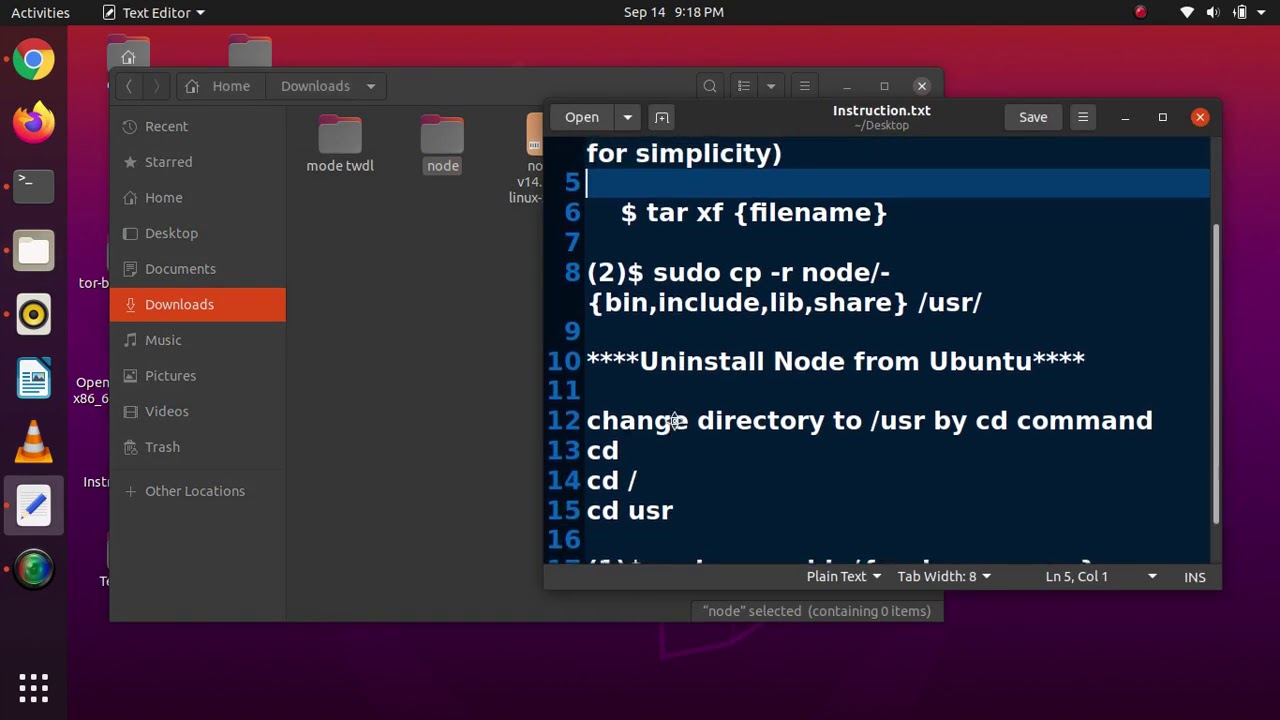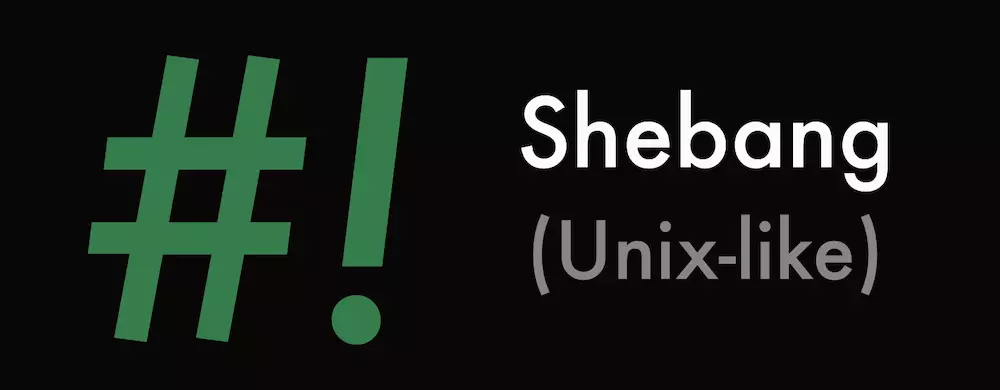
Then run npm -v to check if the version of npm is up-to-date.

Replace your-username in the above command with your own username.

After installing the node snap run the following command to enable npm update checking: sudo chown -R $USER:$(id -gn $USER) /home/ your-username/.config npm should be run outside of the node repl, in your normal shell. The node snap can be accessed by the command node, for example: $ node -vĪn up-to-date version of npm will installed as part of the node snap. Node can be installed with a single command, for example: sudo snap install node -classic -channel 11/stable Node.js versions 6, 8, 9, 10, 11, 13, 14, 15, 16, 17 and 18 are currently available, with the Snap Store being updated within hours or minutes of a Node.js release.

Specific to Node.js, developers can choose from one or more of the currently supported releases and get regular automatic updates directly from NodeSource. Node.js is available as a snap package in all currently supported versions of Ubuntu.


 0 kommentar(er)
0 kommentar(er)
